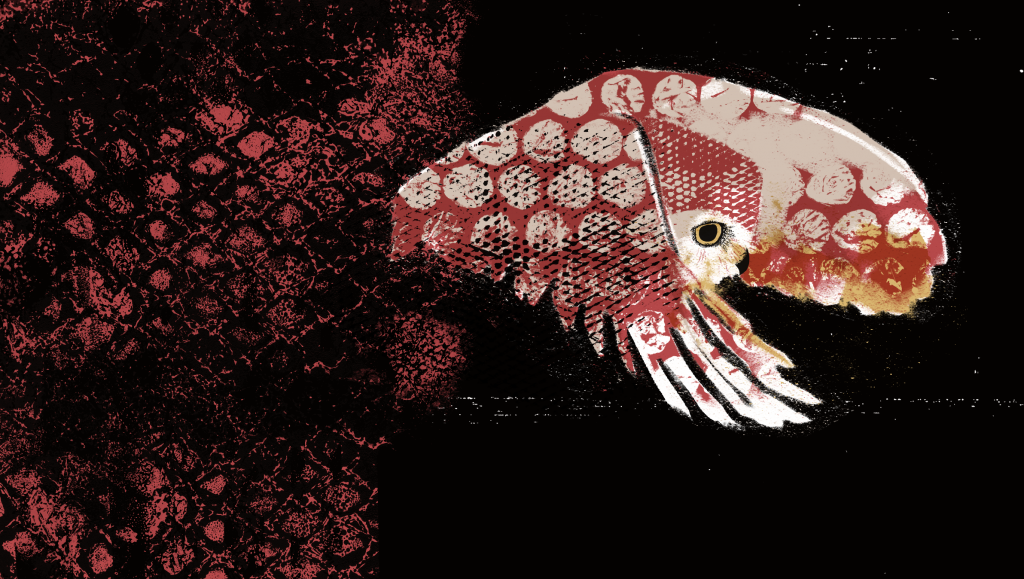In most instances relating to conservation, traditional, local and indigenous forms of knowledge and practice are ignored. In others, they play second fiddle to ‘scientific’ knowledge and practice, and are at best treated with romanticism or charitable condescension. In this issue of Current Conservation, we explore these themes further.
Our contributors offer a range of opinions and perspectives, some restrained, others not so. Charles Kay pulls no punches when he equates conservation with racism. In a thought-provoking article, he reminds us of the particularly effective record of colonial conservation when it comes to excluding and exterminating the native and in creating ‘wilderness’ untouched by man. Michael Adams discusses the significant potential for integrating different forms of knowledge into contemporary conservation strategies relating to climate change in Australia. Reviewing literature that compares traditional and scientific forms of knowledge, Meera Anna Oommen asks if dichotomising the two is justifiable? Christine Eriksen and Don Hankins explore the gendered dimensions of knowledge about fire in Native American and Aboriginal Australian communities and the possibilities of a dynamic transitioning into current day conservation planning. Elsa Reimerson traces the creation of the Laponia World Heritage Site in Scandinavia, one of the few in the world which offers the promise of indigenous management. We also carry a photo-essay by Manish Chandi and a review of M Kat Anderson’s ‘Tending the Wild’ by Caitlin Kight. Both address hotspots of traditional knowledge and management: the Nicobar Islands and California.
Issue Editors: Meera Anna Oommen and Michael Adams
donate
Conservation is for everyone, and we help you understand it.
Donate




